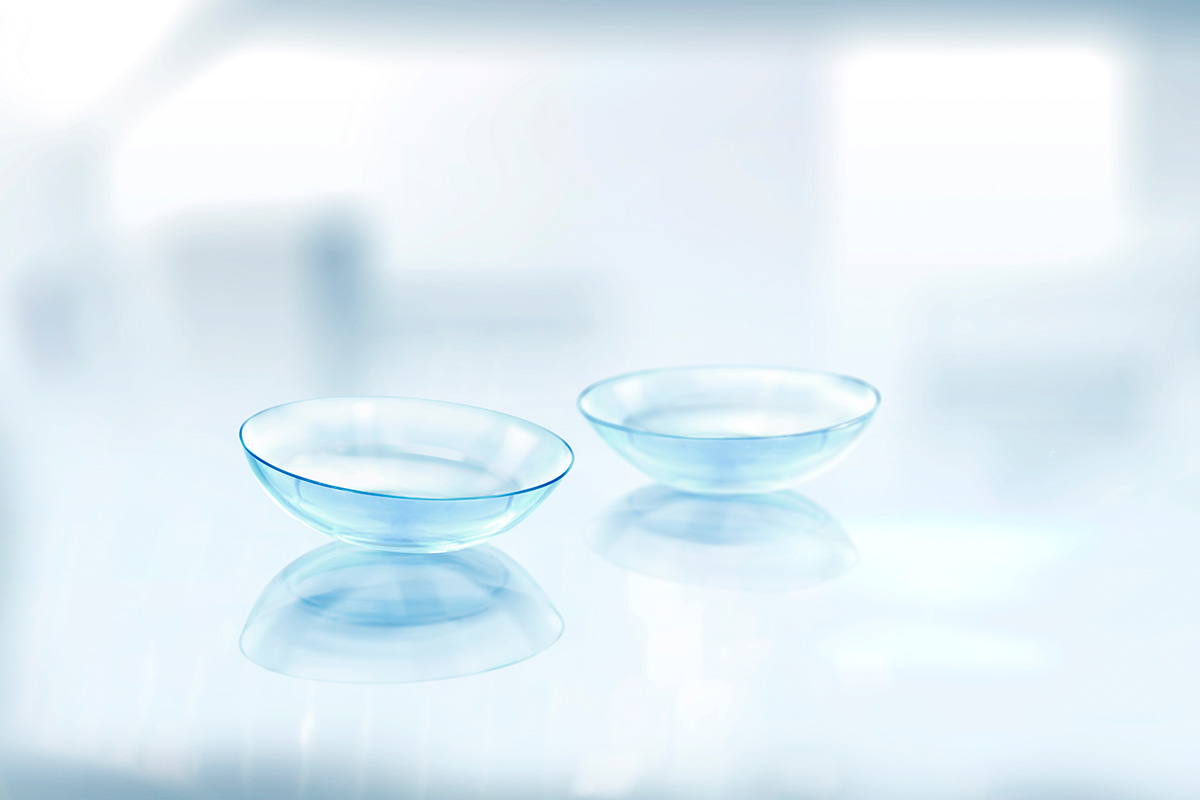contact lens prescription and sizing
Contact Lens Exam

contact lens prescription and sizing
Contact Lens Exam
Contact Lens Exam
If you wear contact lenses or plan to wear them, a contact lens exam is necessary to ensure your contacts fit properly. Contacts can be uncomfortable and even damage your overall eye health if they don’t fit correctly. At Giles Eye Care in Portland, ME, your doctor will conduct a comprehensive contact lens exam and fitting to find the right contact lenses for you based on your vision, eye shape, and lifestyle needs.
Contact lens technology has evolved significantly over the years. Contact lenses are now available to correct a range of vision problems, including astigmatism, presbyopia, and more. If you’ve tried wearing contact lenses before but stopped wearing them due to discomfort, our doctor can work with you to choose the best contacts to suit your needs.
What is a contact lens exam?
If you wear or want to wear contact lenses, you will need a contact lens exam. The contact lens exam may be scheduled on the same day as your comprehensive eye exam or can be conducted separately.
During the contact lens exam, our doctor will evaluate the size and shape of your eyes to find the right contact lenses for you. They will also assess your overall eye health, checking for any signs of infection or disease that could make it uncomfortable or unsafe to wear contact lenses.
Your eye doctor will measure the curvature of your cornea or the transparent front part of your eye to determine the right size and base curve (a shape matching the curvature of your eye) for your contact lenses. If you have astigmatism, or an irregularly shaped cornea or lens that causes blurred or distorted vision, your optometrist may recommend wearing a toric lens. They may also perform a tear film evaluation to see if you suffer from dry eye syndrome.
Following these tests, your optometrist will prescribe contact lenses based on your eye health and vision needs. If you are a new contact lens patient or changing brands or contact lens type, they may provide you with trial contact lenses to see if they are comfortable and work with your daily routine. They will then schedule a follow-up visit to check that your contacts fit comfortably and that you are adjusting to your new lenses. Your doctor will also provide a prescription detailing the contact lens type, power, base curve, and diameter.
Why do I need an exam for contact lenses?
Because contact lenses are considered medical devices, you need an eye examination before getting a prescription for contact lenses. Even if you’re wearing colored contact lenses and don’t require vision correction, you will still need to see an eye doctor to get a prescription. When scheduling an eye exam at our office, let us know if you currently wear or plan to wear contact lenses so we can perform a contact lens exam during your appointment.
What are the different types of contact lenses?
There are many types of contact lenses available to meet different vision needs and lifestyles.
- Soft contact lenses are the most common type of contact lens and the type most often prescribed by eye doctors. Traditional soft contact lenses are made from water and soft, flexible plastics that allow oxygen to pass through to the cornea. How long you wear soft contact lenses depends on their recommended wear schedule. It’s important to follow the schedule your doctor gives you for wearing and replacing your eye contacts to make sure your eyes stay healthy. Depending on your specific eye health and vision needs, your doctor may recommend daily, weekly, bi-weekly, or monthly lenses.
- Tinted or cosmetic contact lenses are soft contact lenses that alter the color of the iris (the colored part of the eye). These lenses are worn purely for cosmetic purposes and have no lens power to correct your vision.
- Toric contact lenses are specifically designed for people with astigmatism and come in both soft and gas-permeable designs. These lenses have different corrective powers (one horizontal and one vertical) and a weight at the bottom to help them stay in place.
- Bifocal contact lenses contain two lens powers to help you see clearly up close and at distances. These lenses are available in soft and gas-permeable forms.
- Gas permeable (GP) contact lenses are a type of contact lens that allows oxygen to pass through to the cornea. They are made of rigid, gas permeable materials that maintain their shape on the eye, providing sharper vision than traditional soft contact lenses. GP lenses are often used to correct a variety of vision problems, including nearsightedness, farsightedness, and astigmatism. They may take some time to get used to, but many people find them more comfortable and durable than soft contact lenses.
The wide selection of contact lenses available today enables almost everyone to wear contacts comfortably. At Giles Eye Care, we will work with you closely to determine the best contact lens to give you clear and healthy sight.
Schedule your contact lens exam at Giles Eye Care
If you wear contact lenses or intend to wear them, it is important to schedule regular eye exams and keep your prescription up to date. Contact us today to make an appointment for your contact lens exam and let us know if you wear or want to wear contact lenses.




